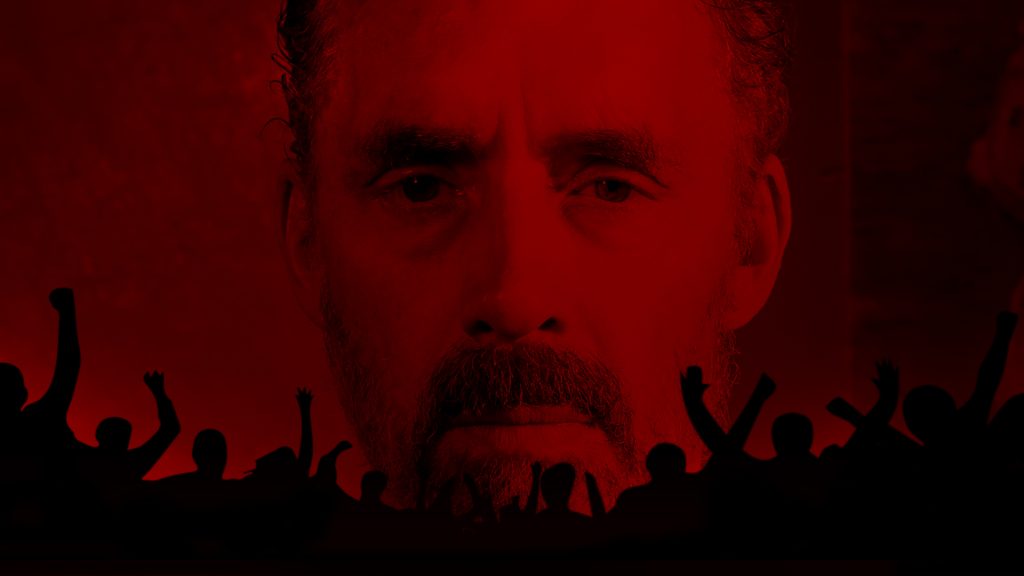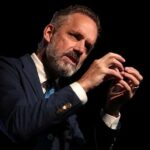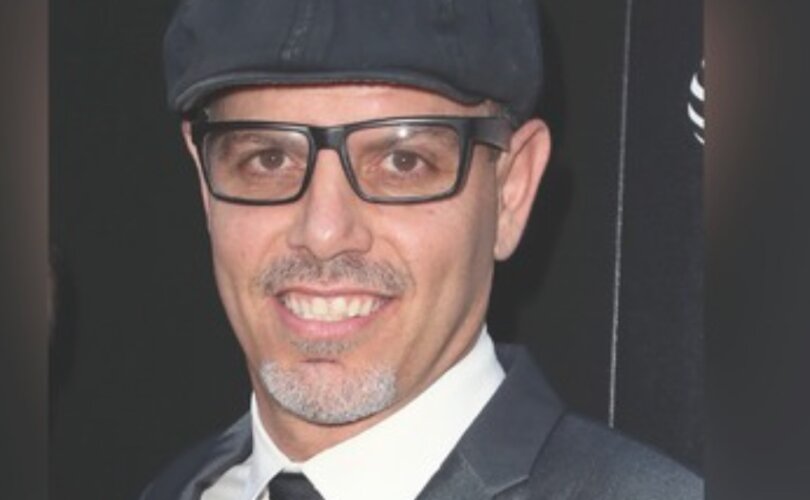Blog Post
Left-wing broadcaster makes documentary on Jordan Peterson…and gets a few things right
By Jonathon Van Maren
November 7, 2018 (LifeSiteNews) – I will admit that when I saw the trailer to the Canadian Broadcasting Corporation’s new documentary Shut Him Down: The Rise of Jordan Peterson, I was very suspicious.
For starters, the preview seemed to indicate that the film—released last Friday—was going to be the sort of hatchet-job we have seen so frequently from the Canadian literati. Beyond that, the CBC has an abysmal record of making any effort to understand conservatives or anyone else who might fall outside the snug confines of their smug progressivism.
Instead, I was pleasantly surprised. The documentary was certainly slanted, but it was not a smear job by any stretch. Most notably, the filmmakers took pains to ensure that Peterson’s more controversial opinions were not simply caricatured by his opponents, but rather let Peterson speak for himself and define his own views. In fact, I would not be surprised if many of Peterson’s detractors were quite upset by how much airtime the University of Toronto professor received (only fair, of course, in a documentary about him.)
The film begins by panning through Peterson’s impressive Toronto home, which is festooned from floor to ceiling with totalitarian artwork, much of it from the Soviet Union. I noticed, as the camera swept past his bookshelf, that Peterson owns a copy of my favorite culture war manifesto, Anthony Esolen’s magnificent Out of the Ashes: Rebuilding American Culture. I was pleased to see that he owned a copy, and am still very curious as to what he thought of it.
The camera finally stops and focuses on Peterson, on the phone. He was speaking with the hosts of a podcast, and thanking them profusely as he signed off. He stopped for a moment as he hung up. “Now, who was that again?” And in one short scene, the filmmakers sum up the chaos and mayhem that has descended on Peterson’s life since he announced on his YouTube channel that he opposed the Canadian government’s Bill C-16, and would be refusing to use transgender pronouns should he be required to.
A clinical psychologist and respected academic who taught for a time at Harvard, Peterson is in many ways an unlikely culture warrior. He believes that his meteoric rise to fame is because he attached his opposition to political correctness to a single, tangible issue that people could rally around, and then announced that he would be standing his ground, regardless of the cost—even if that cost might include a damaged career or jail time.
Many of Peterson’s opponents now accuse him of using the issue of transgender pronouns in order to gain the spotlight, but the documentary unambiguously highlights how real the risks to Peterson’s livelihood were when he decided to make his stand. Hindsight is 20-20, but at the time, with the University of Toronto sending Peterson threatening letters that urged him to back down, the outcome that would eventually turn him into a global superstar was by no means a foregone conclusion. Like so many others who have run into the tolerance buzz saw, he could have simply been fired and forgotten within a year.
Ironically, it was the savage opposition of the social justice warriors and the trans activists that played a significant role in amplifying Peterson’s voice. Protestors demanding that Peterson be civil to trans students swarmed his lectures with pleasant chants such as “Transphobic piece of sh**! Transphobic piece of sh**!” Roving reporter Lauren Southern, who was then working for The Rebel, was assaulted at a protest where Peterson was speaking—the incident is shown by the filmmakers without comment. As Peterson told Joe Rogan with a chuckle: “I’ve figured out how to monetize social justice warriors.”
The filmmakers do give trans activists ample time to air out their grievances, with their pseudo-religious testimonies of oppression being presented with obviously haunting and sympathetic background music. One “non-binary” activists states, with a truly impressive lack of awareness, that people need to stop pretending that “words don’t have weight” in regard to transgender pronouns. Of course, the fact that words do have weight and that compelled speech is a feature of totalitarian regimes is the entire basis of Peterson’s stance, but that genuinely seems to escape his critics. (Peterson’s views are best summed up in his beautiful new foreword to Aleksandr Solzhenitsyn’s Gulag Archipelago.)
Shut Him Down also gave me a lot of sympathy for Peterson’s increasingly combative interview style. Some have noted that he seems testy when he conducts interviews, but having been the subject of a few protests myself over the years, I can understand that relentless and shrill opposition begins to wear on the nerves after a while. Peterson has not only been the subject of slanderous campaigns (including fliers accusing him of being a racist hung up in the neighborhood where he lives), but has consistently (and bizarrely) been called “alt-right” by the sort of people who wave hammer and sickle flags in protest of him. Simply put, Peterson is not used to being treated honestly, and is thus pleasantly surprised when he is.
The filmmakers also conducted several moving interviews with Peterson’s family, including one where his son explained how afraid they were, initially, that Peterson could end up in jail for his stance on compelled speech. His wife Tammy, who initially coordinated his schedule (when I was arranging my interview with Peterson, it was his wife who emailed back and forth with me to confirm a time), stated poignantly that she was afraid of seeing her husband’s star rising so suddenly, but that “the moments where we have him again are precious. We’ve lost Jordan to the world.” And indeed they have.








